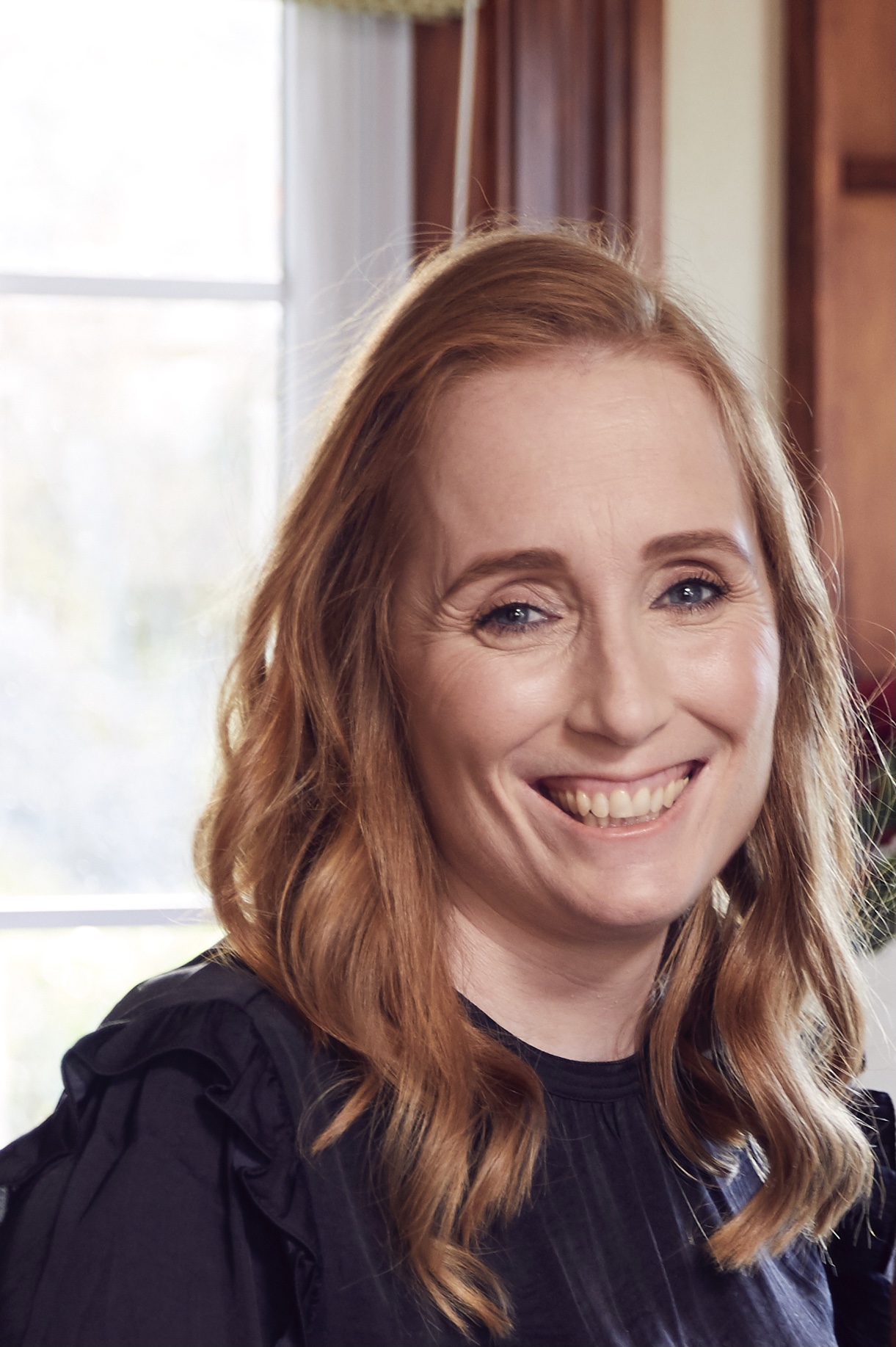About Me
My Story


My Approach
Through extensive science-based research, personal experiences and dedicated training, I’ve come to appreciate the intricate interplay of our four bodies: physical, mental, emotional and soul. Combining my experiences and extensive research, I developed the 8th Sense process, integrating Somatic Experiencing®, attachment re-patterning and spiritual psychology. This holistic approach aims to guide others toward profound healing, helping them reclaim their vitality and freeing themselves from limiting beliefs and negative patterns.
The Body keeps the score
It’s the body that keeps the score, and it’s the body that rewires the brain. How the body keeps the score is via the nervous system and the attachment system.

Frequently Asked Questions
What is Somatic Experiencing?
Somatic Experiencing® (SE) was developed by Dr. Peter Levine, a distinguished expert with doctorates in both medical biophysics and psychology. After years of extensive research and practice, Dr. Levine discovered that traumatic experiences disrupt the natural rhythm of the nervous system. He concluded that healing from trauma requires restoring this natural rhythm by engaging with the body.
SE offers a gentle approach to releasing trauma long held in the nervous system. A skilled practitioner can assist clients in becoming aware of their body, including its sensations, emotions, and thoughts. Through this awareness, clients learn ways to regulate their nervous system. As they are supported to do this within the relative safety of the therapeutic relationship, the life energy previously trapped within the body as freeze responses can be accessed, acknowledged, felt, and harnessed. This process allows for a broader and deeper range of expression, both verbally and physically. Consequently, newfound life choices become accessible, resilience and embodiment develop to meet challenges within a wider range of resilience, and individuals experience greater wholeness as a result.
What is DARe ?
It is where we heal the past in the present. Where we re wire the brain of its negative patterns and limiting beliefs (due to your attachment in early childhood) by using the body in the present moment to have a “corrective experience”.
DARe was founded by Dr. Diane Poole Heller, she has the firm belief that we are all hardwired to heal. Our bodies and our brains store memories of early experiences, creating patterns that deeply affect our relationships and behaviors in adult life.
Dr. Heller saw first-hand how many traumas are rooted in early childhood experiences, which in turn, influence how we feel, act and behave in our adult relationships.
The Theory behind DARe
Do you ever wonder why you interact with others the way you do?
If you’ve ever struggled in a relationship or suffered from anxiety, depression or other emotional difficulties, attachment theory can help us get to the source of these challenges and understand what’s going on.
Attachment was first described by British psychologist John Bowlby as a “lasting psychological connectedness between human beings.”
Bowlby believed that the earliest bonds formed by children with their primary caregivers is the original blueprint for how we perceive, connect with and relate to others and the world around us.
In attachment theory, we understand that our earliest childhood patterns can carry over into adulthood —which can shape our expectations and interactions for all our relationships, including family, friendships, work or romance.
Nulla por
What is Trauma?
What is trauma ? “Trauma originate as a response in the nervous system, and it does not originate in an even. Trauma is in the nervous system and not in the event” Peter Levine
“.. trauma energy remains trapped in the nervous system where it can wreak havoc on our bodies and mind” Peter Levine
Gabor Mate describes the types of trauma into 2 categories. Big T and little T. Big T is your shock trauma such as car accident, and little T trauma is when your parents or caregiver was not able to meet your needs when you were younger and were mistuned to you ( either because they were depressed or anxious, or because there nervous system was not regulated and they were not able to be their with you for your emotions).
Every person on this planet has little T trauma’s some of us more that others. And its how our nervous system and attachment system responds to these as to whether it leave a wound in our body that then wreaks havoc on our mind and body.
For most people what we experience everyday is a product of our past. How we interact in our romantic relationships, how we parent our children, what we achieve in our career and our health are all based on the past. This is because over time we have lost connection to our true self. That is until we learn to live in the present and heal the wounds of our past. Wounds are triggers.
Triggers are echoes of memories stored in our bodies: If in a couple, both people have been traumatized in their life, it can happen that their fear and their anger will escalate, ricocheting off of each other. What is happening here is that our brains are wired to perceive threat and all the intense emotions ensuing as caused by something real. Our partner may do something, or not do something, or give a look, or say something, and all of a sudden our body reacts by developing a knot in the stomach, a tightening in the shoulders, faster heart beat… Our brains look to find causation for this symptomatic response, and often will attach blame to anyone near by! In this way we enter into situations where we begin believing “this must all be about you”, when in reality it is most often the result of an echoing of earlier memories stored in our own body. A relationship and interaction will go nowhere when both people are stuck in this velocity trap of blaming and shaming. (Dr Peter Levine)
Did you know that Dr Peter Levine along with Stephen Porges, PhD, and Bessel van der Kolk, MD discovered and proved via science that its our nervous system and attachment system is where our wounds/trauma is held. That right out Trauma and thus our patterns- the way we act, interact and believe is all held in our body. Its out body that has the ability to rewire our brain and help us live in the present movement.
Dr. Peter Levine, along with esteemed researchers such as Stephen Porges, PhD, and Bessel van der Kolk, MD, has played a pivotal role in advancing our understanding of trauma and its effects on the body and mind. Through their groundbreaking work, they have demonstrated that trauma is stored in our body- our nervous system and attachment system.
This understanding highlights the profound impact trauma can have on our bodies, influencing our behaviors, interactions, and beliefs. Moreover, it underscores the body’s remarkable capacity for healing and resilience. By tapping into the body’s innate wisdom and utilizing techniques such as somatic experiencing, individuals can rewire their brains and liberate themselves from the grip of past traumas. This enables them to live more fully in the present moment, free from the constraints of past wounds and patterns.
What is Spiritual Psychology?
Spiritual psychology is indeed a field that blends spiritual principles with psychological understanding to promote personal growth, healing, and transformation. It’s important to note that it’s not tied to any specific religion or considered “woo-hoo,” but rather provides a structured approach for viewing human experiences and behaviors through a spiritual perspective. This framework offers individuals valuable insights into their inner workings and aids in their journey towards self-discovery and fulfillment.
At its core, spiritual psychology recognizes that individuals are more than just their physical bodies and minds; they possess a deeper essence or soul. It views life experiences as opportunities for growth and learning, acknowledging the interconnectedness of all aspects of existence.
Spiritual psychology guides individuals on a journey inward, helping them reconnect with their authentic selves and uncover their true purpose and potential. It emphasizes qualities such as love, compassion, forgiveness, and mindfulness as essential components of personal and spiritual development.
Ultimately, spiritual psychology is about exploring the deeper dimensions of human experience and discovering greater meaning and fulfillment in life. It provides tools and practices to support individuals in their quest for self-discovery, inner peace, and spiritual awakening.
This perspective is rooted in love, recognizing that our existence on this earth is a journey of learning. It acknowledges that our inner world reflects our outer world and that by healing our inner selves, we can simultaneously transform our external reality. Through my own experiences, I’ve come to believe that this lens of love has the power to heal our soul and reshape our mental perceptions and thought patterns.
I will be forever grateful to my spirtual teachers and mentors Mary R. Hulnick, Ph.D. and Ron Hulnick, Ph.D.

Book a Session Today with Natasha Jansen
Please email me to book a private 1:1 Session on Zoom or in person in Wai O Taiki Bay, Auckland.
